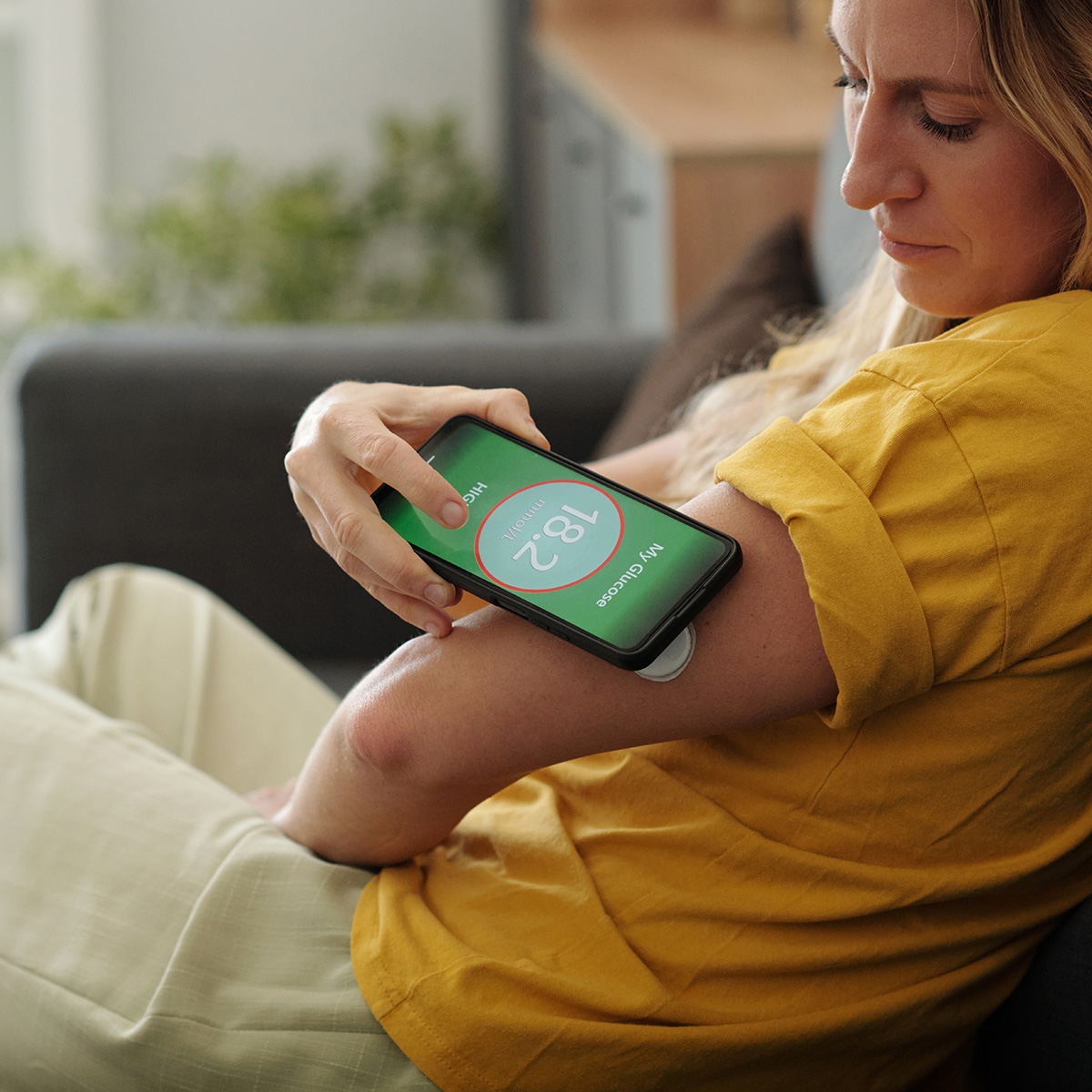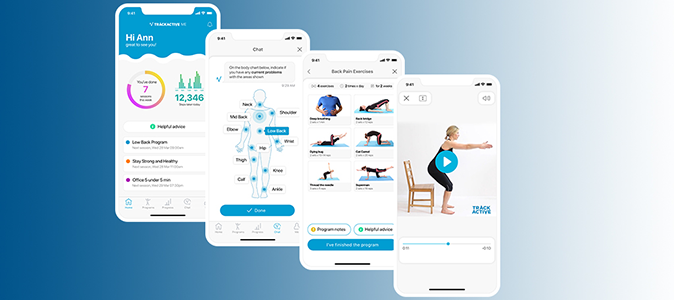-
Property & Casualty
Property & Casualty Overview

Property & Casualty
We offer a full range of reinsurance products and the expertise of our talented reinsurance team.
Expertise
Publication
Use of Artificial Intelligence in Fire Protection and Property Insurance – Opportunities and Challenges
Publication
Public Administrations’ Liability – Jurisprudential Evolution, Insurance Implications, and a Comparative Analysis Across Countries
Publication
Generative Artificial Intelligence and Its Implications for Weather and Climate Risk Management in Insurance
Publication
Engineered Stone – A Real Emergence of Silicosis
Publication
Risk Management Review 2025 -
Life & Health
Life & Health Overview

Life & Health
Gen Re’s valuable insights and risk transfer solutions help clients improve their business results. With tailor-made reinsurance programs, clients can achieve their life & health risk management objectives.
UnderwritingTraining & Education
Publication
Diabetes and Critical Illness Insurance – Bridging the Protection Gap
Publication
Underwriting the Dead? How Smartphones Will Change Outcomes After Sudden Cardiac Arrest
Publication
Always On: Understanding New Age Addictions and Their Implications for Disability Insurance
Publication
Dying Gracefully – Legal, Ethical, and Insurance Perspectives on Medical Assistance in Dying
Publication
AI Agent Potential – How Orchestration and Contextual Foundations Can Reshape (Re)Insurance Workflows Business School
Business School -
Knowledge Center
Knowledge Center Overview

Knowledge Center
Our global experts share their insights on insurance industry topics.
Trending Topics -
About Us
About Us OverviewCorporate Information

Meet Gen Re
Gen Re delivers reinsurance solutions to the Life & Health and Property & Casualty insurance industries.
- Careers Careers
A Pain in the Neck? There’s an App for That

July 02, 2019
Ian Prangley, Co-founder and Health Director, TrackActive (guest contributor)
English
TrackActive is a startup with an evidence-based application that uses artificial intelligence to allow individuals to manage and prevent musculoskeletal pain. Our company works in collaboration with Gen Re, and we aim to bring our mHealth solution to group and individual disability income (DI) products in markets around the world.
We founded TrackActive as musculoskeletal conditions are a leading cause of DI claims and account for the greatest number of years lived with disability of any health condition globally. Neck and back pain are also a very frequent cause of workplace absence.
Prior to working with Gen Re, we launched a practitioner-to-patient technology service in 2015. This mobile health (mHealth) solution allows a health practitioner to pass rehabilitation content to a patient via a mobile application, with feedback on recovery progress passing in the other direction. This traditional rehabilitation service gives us significant insights into the beneficial impact of exercise on spinal pain and musculoskeletal dysfunction, and it’s this practical knowledge that forms the basis of our new digital product, TrackActive Me.
In the TrackActive Me app, a chatbot diagnoses the aetiology of the user’s pain, and through clinical decision-making algorithms, delivers personalised advice and exercise programmes. For healthy individuals, it assesses their risk for developing a painful condition, and provides them with interventions to prevent a problem from developing or worsening. As the app collects data, machine-learning methods are implemented to provide highly personalised and effective interventions.
Prior to developing TrackActive Me, we knew that almost 30% of disease-specific apps tackled mental health but only 7% addressed musculoskeletal problems. Furthermore, in our opinion, many of those available either lacked a credible evidence-basis or could not be personalised to the individual users’ needs. We designed TrackActive Me to put this right.

The statistics on the impact of musculoskeletal pain are telling. Public Health England data shows musculoskeletal problems cause the loss of 30 million working days every year; that’s 22% of all sickness absence. Around 10 million people in England and Scotland experience persistent back pain, and associated depression is four times more likely in those with persistent pain, presenting other potential comorbidity costs to employers and insurers.
The benefit of maximising and maintaining employee health is clear and investment into innovative wellbeing solutions is growing. More companies are looking for ways to help their employees deal with musculoskeletal conditions. This evolution of workplace benefits is taking place in parallel with a trend for consumers to self-care using mHealth applications.
The popularity of smartphones, coupled with a strong consumer appetite for digital health products, suggests that mHealth applications are also well-suited to Disability claims intervention: they’re convenient and have the potential for high penetration. By addressing known critical factors for successful adoption, TrackActive Me can be implemented as part of an employee health programme or as a tool within group or individual DI.
Frequent data collection ensures that user improvements are realised (or referrals made to a health practitioner if improvements are slower than expected). Upon resolution of their pain, users continue to engage with the application, receiving advice and exercise programmes to maintain their musculoskeletal health.
TrackActive has been conducting pilots as well as using focus groups, surveys, and engagement and outcome data to assess the app’s performance prior to full-scale implementation. If you want to find out more contact ian@activehealthtech.com, or speak to your local Gen Re representative.
About the author
Ian Prangley is the Health Director and Co-founder of Active Health Tech. Ian is a physiotherapist who has worked with the Australian Institute of Sport and independently with various elite athletes. He is a consultant at the Centre for Health and Human Performance in London and has Masters degrees in Sports Physiotherapy, Exercise Science and Business Administration.



